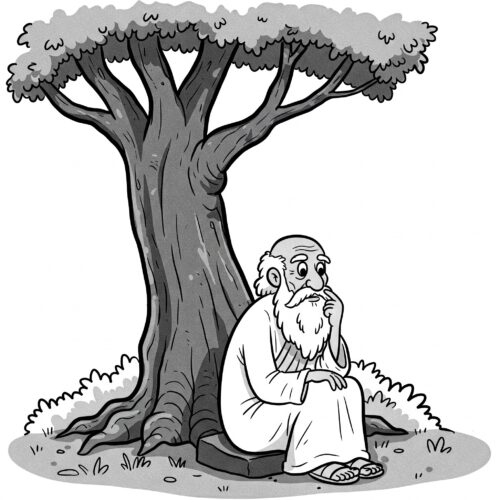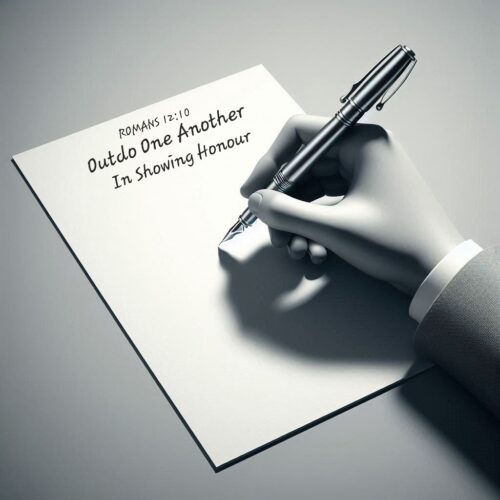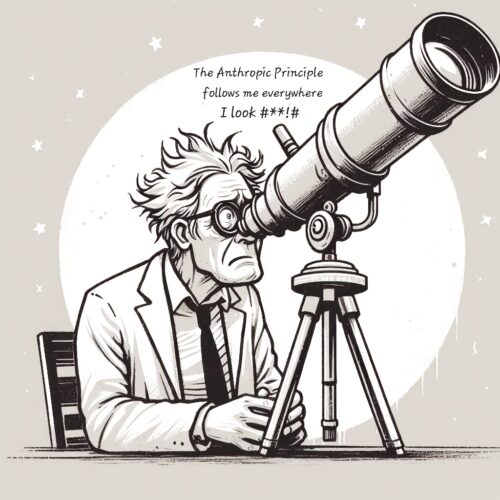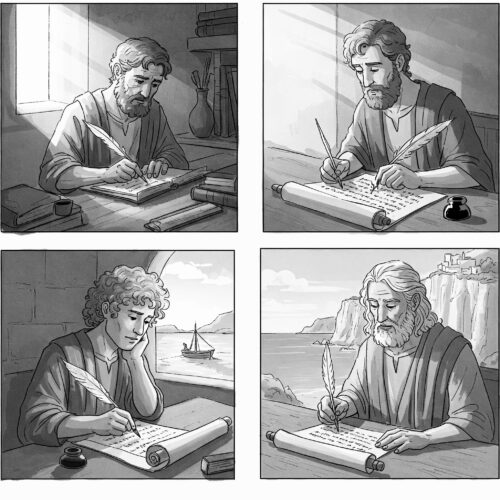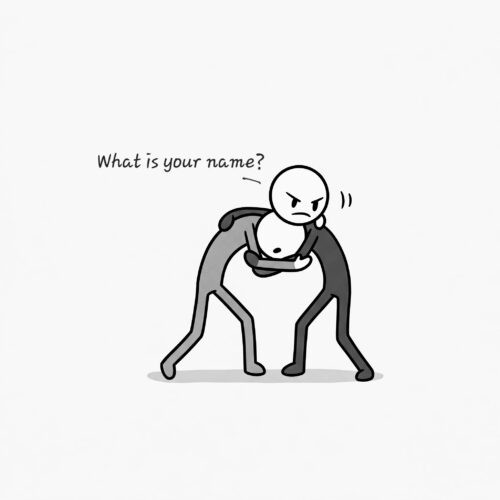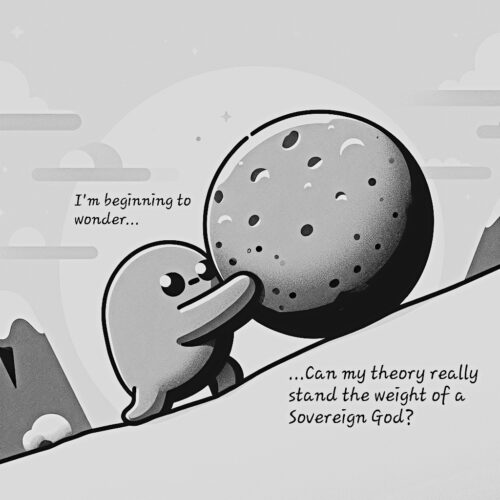Three Vital Tests to Evaluate Truth Claims
The Three-Test Filter for Truth Claims
In our pursuit of truth how can we confidently assess whether a particular claim or belief is valid or not? Philosophers and apologists often point to three key aspects or “tests” that any purported truth should be able to pass—internal coherence, external correspondence, and functional adequacy. Let’s explore each of these vital tests and see why they are important lenses that can help us evaluate truth claims:
Internal Coherence—The Test of Logical Consistency
The first hurdle any truth claim must clear is that of internal coherence or logical consistency. In other words, is the claim free of contradictions within its own principles, premises and conclusions? A logically incoherent claim is self-defeating.
Illustration: Imagine someone claimed “There are no truths”: this statement fails the internal coherence test because it contradicts itself. If there are no truths, the very statement “there are no truths” cannot be true. An inconsistent claim such as this is irrational by nature.
External Correspondence—The Test of Factual Alignment
Even if a claim is internally coherent, it must still pass the test of external correspondence by aligning with objective, empirical reality. A truth claim may be logically consistent but still fail to accurately map to facts about the physical world, observable evidence or existing knowledge.
Illustration: Someone could construct an imaginative fantasy story with internally consistent fiction rules and characters. But if this story contradicts established facts about physics, history or verifiable data, it fails the external correspondence test for truth in those areas contrary to known realities.
Functional Adequacy—The Test of Liveability
The final vital test is that of functional adequacy, asking whether a belief or truth claim can be consistently lived out and provide a coherent, flourishing framework for human existence. A truth claim may be logically consistent and align with facts, but if embracing it renders life itself incomprehensible or destructive, its truth value is greatly undermined.
Illustration: A worldview or philosophy that denies objective morality, human rights or intrinsic human value may seem internally coherent on paper. But when applied fully, it enables horrific evils, dehumanisation and social chaos that contradicts our fundamental moral intuitions and experience of human thriving. Such a view fails this test of functional adequacy.
Any robust truth claim must be able to withstand scrutiny on all three of these tests—logical consistency, factual correspondence, and real-world liveability. Running proposed truth statements through this triple filter helps expose contradictions and errors while validating genuine knowledge about reality.
As we evaluate truth claims in philosophy, science, ethics, religion and every arena of life, wisely applying these three tests can save us from falling into deception, delusion or destructive falsehoods. Prioritising internal coherence, external correspondence and functional adequacy puts us on surer footing to discern truth from fiction.
Related Reads
Editor’s Pick
The Euthyphro Dilemma: Did God Invent Morality or Discover It?
A Biblical Creationist Answer to the 2400-Year-Old Question The Euthyphro Dilemma has challenged folks for over 2,400 years. First posed [...]
Outdo One Another in Showing Honour: What Does It Really Mean?
“Love one another with brotherly affection. Outdo one another in showing honour.” Paul’s instructions in Romans 12:10 present us with [...]
The Anthropic Principle: How’s Our Universe Designed for Life?
Ever wondered why our universe seems so perfectly suited for life? The Anthropic Principle addresses this very question: it notes [...]
Who Wrote the Gospels? Evaluating Modern Scholarship
The four Gospel writers—Matthew, Mark, Luke, and John—are the foundational witnesses to Christ's life and teaching. Yet, the question of [...]
The Fossil Record: Does It Really Show We Evolved from Apes?
The Fossil Record: Does It Really Show We Evolved from Apes? The fossil record has long been presented as [...]
Wrestling with Identity: When God Asks Jacob His Name
In the darkness by the Jabbok River, Jacob wrestles with a mysterious figure until daybreak. Exhausted and injured, yet refusing [...]
The Fatal Flaws of Middle Knowledge: A Reformed Critique
Middle Knowledge is one of the most sophisticated attempts to reconcile divine sovereignty with human freedom. Proposed by the 16th [...]
If Jesus is God, Why Does He Call Himself ‘Son of Man’?
A fascinating aspect of Jesus' ministry is how He repeatedly refers to Himself as the "Son of Man." The title [...]
The Mystery of Salvation: Why Did God Keep His Plan a Secret?
In the economy of God's revelation, some truths remain veiled until the time appointed for their disclosure. The plan of [...]
What Does It Mean to Be a ‘Slave’ to Righteousness?
"And having been set free from sin, you became slaves of righteousness." - Romans 6:18 (NKJV) Given how highly we [...]


